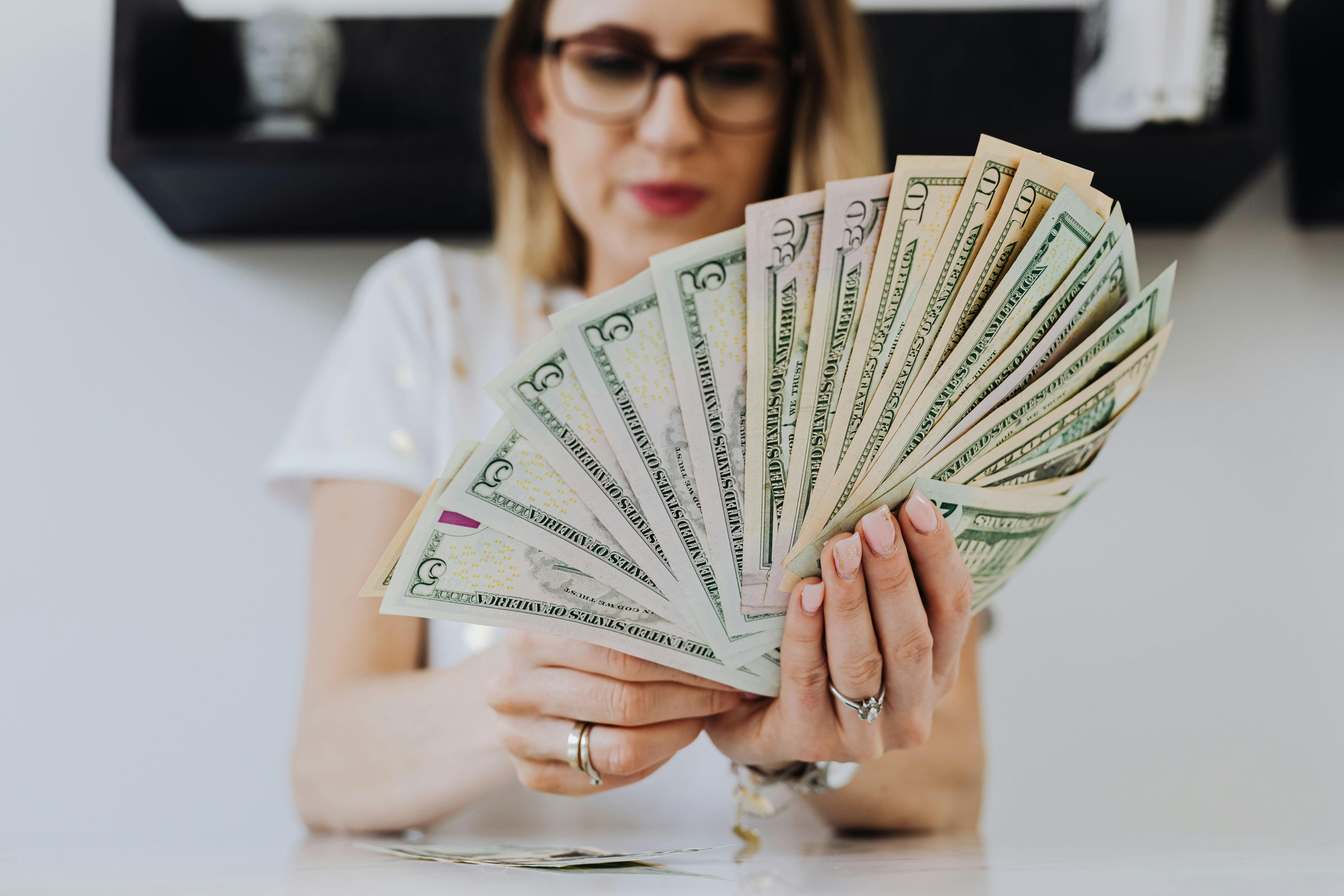Explore Chinese Festival Culture
Discover the rich heritage and cultural significance of traditional Chinese festivals. From ancient customs to modern celebrations, explore the stories, foods, and traditions that have shaped Chinese culture for thousands of years.
Festival Categories
Browse festivals by type and significance

Spring Festival
春节 (Chūnjié)
The most important traditional festival celebrating the lunar new year and family reunion.
Key Traditions
- Family reunions and elaborate feasts
- Giving red envelopes (hongbao) with money
- Setting off fireworks and firecrackers
- +3 more traditions
Traditional Foods

Lantern Festival
元宵节 (Yuánxiāo Jié)
Marks the end of Spring Festival celebrations and celebrates the first full moon of the lunar year.
Key Traditions
- Viewing colorful lantern displays
- Solving riddles written on lanterns
- Lion and dragon dances
- +2 more traditions
Traditional Foods

Qingming Festival
清明节 (Qīngmíng Jié)
Tomb-sweeping festival to honor ancestors and welcome the arrival of spring.
Key Traditions
- Visiting and cleaning ancestral graves
- Offering food, flowers, and incense to ancestors
- Flying colorful kites
- +2 more traditions
Traditional Foods

Dragon Boat Festival
端午节 (Duānwǔ Jié)
Commemorates the poet Qu Yuan and celebrates the beginning of summer with water activities.
Key Traditions
- Dragon boat racing competitions
- Eating zongzi (rice dumplings)
- Hanging aromatic herbs on doors
- +2 more traditions
Traditional Foods

Qixi Festival
七夕节 (Qīxī Jié)
Chinese Valentine's Day celebrating the legend of the Weaver Girl and Cowherd.
Key Traditions
- Praying for skillful hands and wisdom
- Stargazing and making wishes
- Threading needles competition
- +2 more traditions
Traditional Foods

Mid-Autumn Festival
中秋节 (Zhōngqiū Jié)
Celebrates the full moon, family reunion, and the autumn harvest season.
Key Traditions
- Family reunions under the full moon
- Eating and sharing mooncakes
- Moon gazing and poetry recitation
- +2 more traditions
Traditional Foods

Double Ninth Festival
重阳节 (Chóngyáng Jié)
Festival for respecting the elderly and celebrating longevity and health.
Key Traditions
- Climbing mountains and high places
- Respecting and visiting elderly family members
- Drinking chrysanthemum wine
- +2 more traditions
Traditional Foods

Winter Solstice Festival
冬至节 (Dōngzhì Jié)
Celebrates the longest night and the return of longer daylight hours.
Key Traditions
- Family gatherings and meals
- Making and eating tangyuan
- Ancestor worship ceremonies
- +2 more traditions
Traditional Foods

Laba Festival
腊八节 (Làbā Jié)
Traditional festival preparing for Spring Festival, commemorating Buddha's enlightenment.
Key Traditions
- Cooking and sharing Laba porridge
- Preparing preserved garlic
- Buddhist temple visits
- +2 more traditions
Traditional Foods
Cultural Insights
Understanding the deeper meanings and evolution of Chinese festival traditions
Lunar Calendar System
Most Chinese festivals follow the traditional lunar calendar, creating a rich connection between celestial cycles and cultural celebrations.
Family & Community
Chinese festivals emphasize family reunion, respect for elders, and community harmony, reflecting core Confucian values.
Modern Evolution
While maintaining traditional essence, these festivals have adapted to modern life, incorporating technology and contemporary celebrations.
Ready to Test Your Festival Knowledge?
Put your understanding of Chinese festival culture to the test with our interactive quiz. Learn as you play and discover fascinating cultural insights!
Take the Quiz